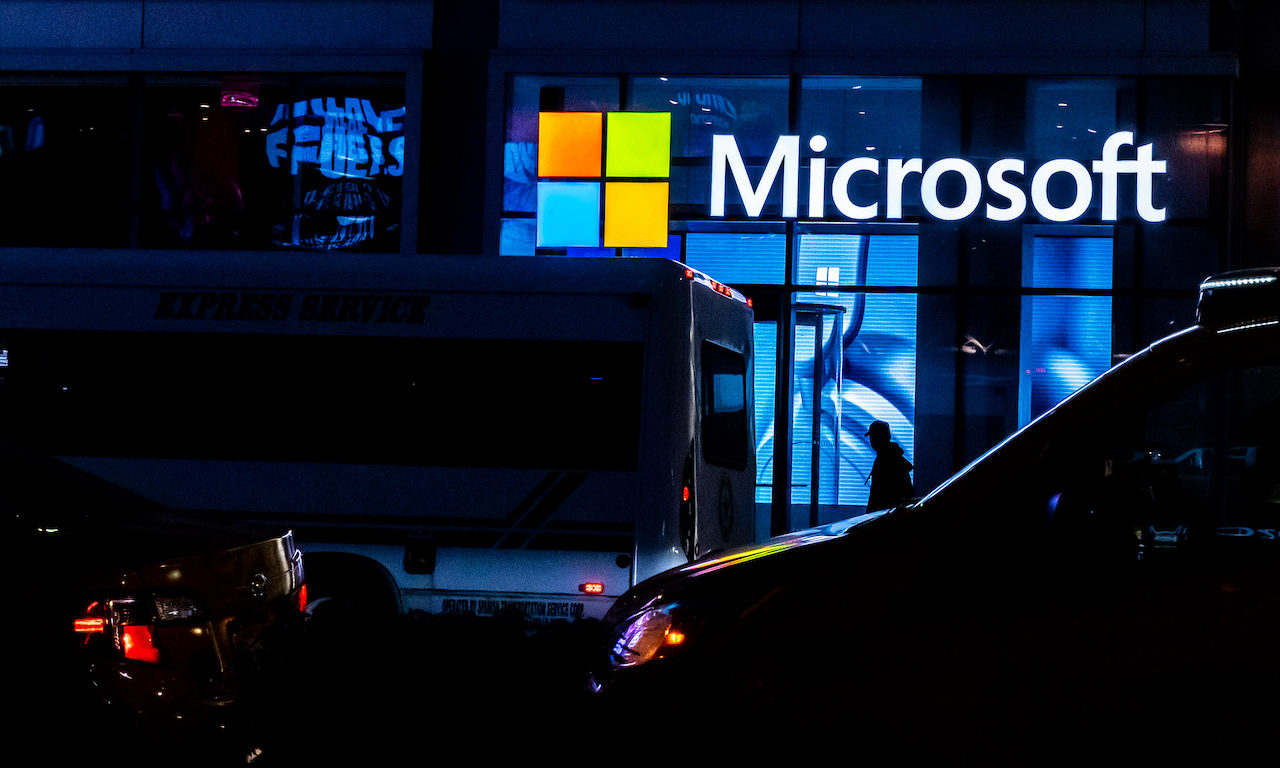Researchers have found Mount Locker ransomware using sophisticated scripting and anti-prevention features in recent campaigns, and the change in tactics may be accompanied by the AstroLocker rebranding.
Zero-day attacks are one of the most challenging threats as they are very difficult to predict. Attackers have exploited zero-day flaws in applications and devices by Microsoft, Google, Apple, and others.
While the North Korean threat actor had targeted e-commerce shops in 2019 and 2020 to steal payment card information, the attackers aimed to steal cryptocurrency, as well.
Attackers are using Google search redirection and drive-by-download tactics to infect targeted users with SolarMarker RAT.
Security researchers from Sophos revealed that attackers are trying to exploit the ProxyLogon vulnerabilities in Microsoft Exchange to install Monero cryptominer on the targeted servers.
The reuse of the Mirai source code has enhanced the capability of Gafgyt to carry out DDoS attacks in various ways.
The NBA’s Houston Rockets were hit by a ransomware attack earlier this month. Now it’s the Washington, D.C., police department. The common thread is an unknown ransomware group called Babuk.
The IoT security team at the Microsoft Security Response Center said vulnerabilities discovered affect at least 25 different products made by more than a dozen organizations, including Amazon, ARM, Google Cloud, Samsung, RedHat, Apache, and others.
Experts from Kaspersky explained that in February 2019, multiple antivirus companies received a collection of malware samples, some of them cannot be associated with the activity of known APT groups.
In perhaps one of the biggest phishing incidents targeting some of the world’s largest news organizations, hackers have created fake replica websites of news portals of 900 global news portals.









